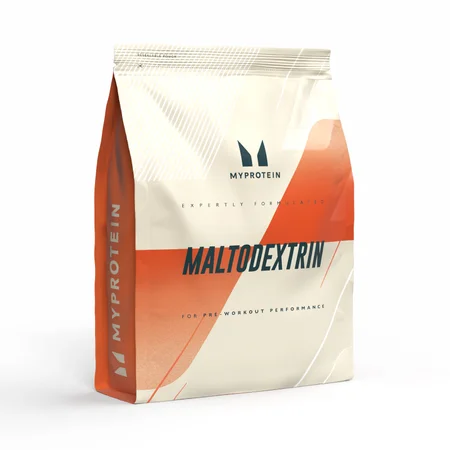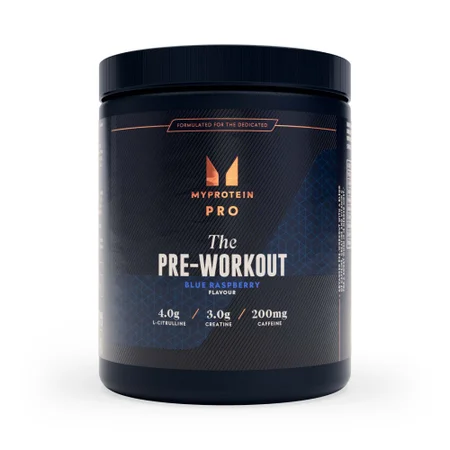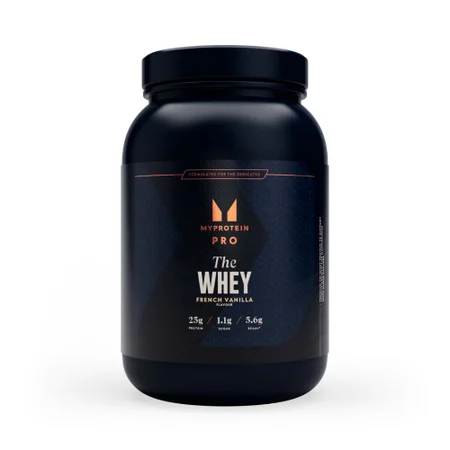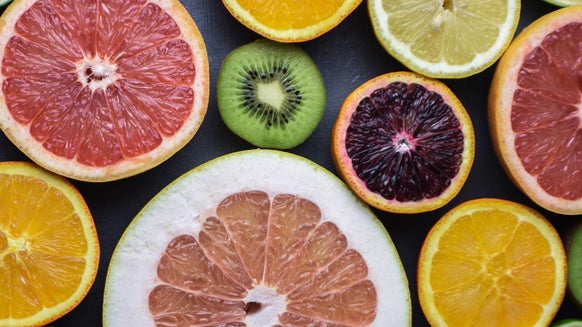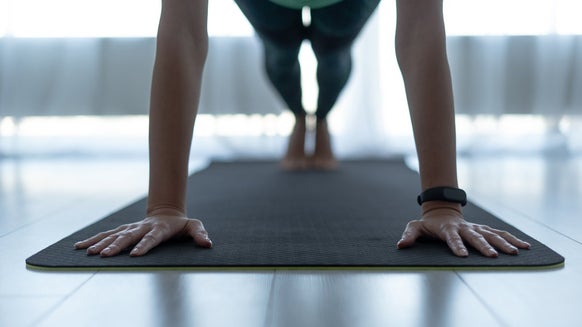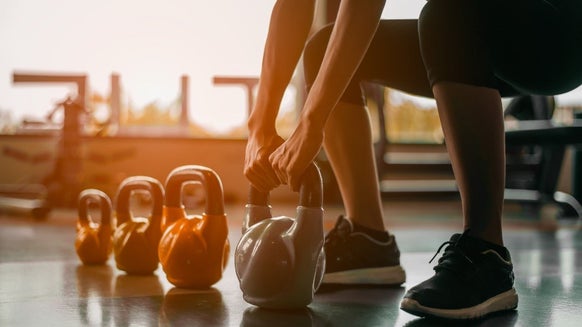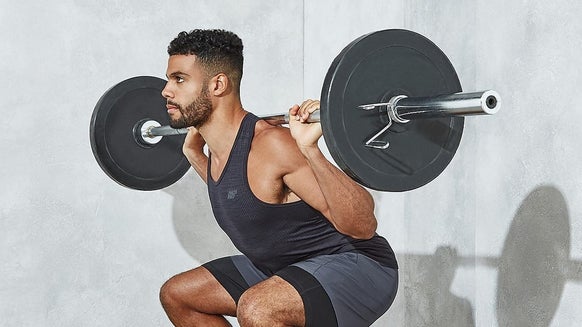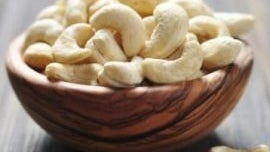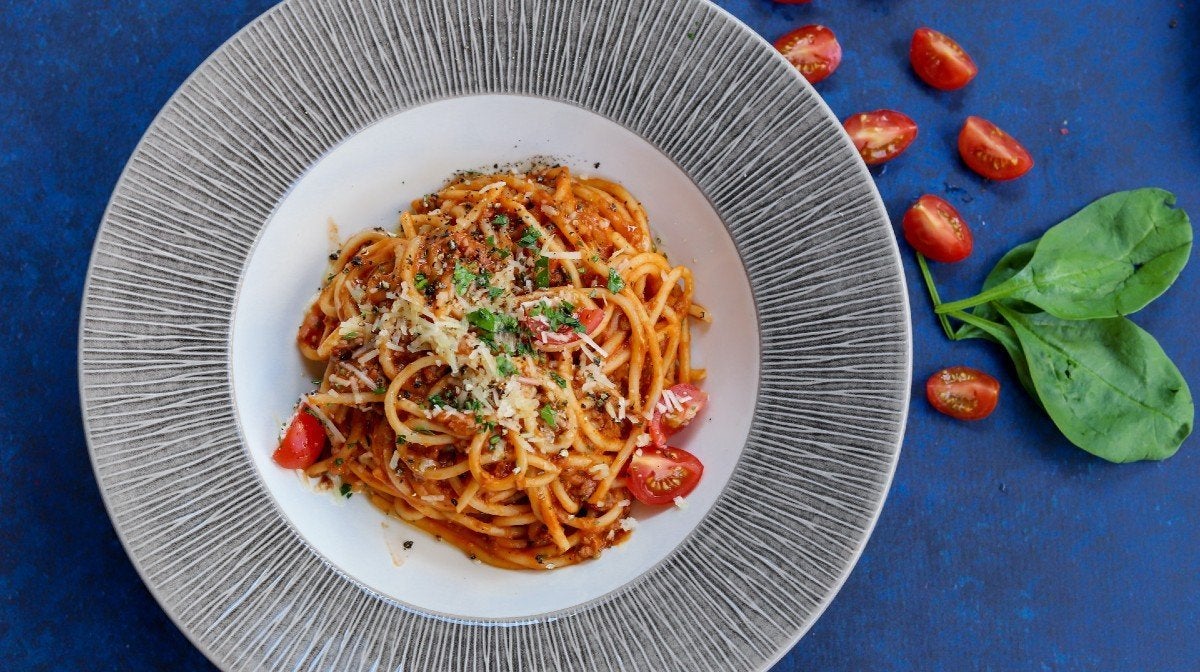
In today’s day and age, carbohydrates are seen to be the enemy in our diets – often misconstrued with instant results of piling on weight, increasing body fat percentage and most of all – sabotaging fitness goals.
- What are carbohydrates?
- Different types of carbohydrates
- What are the benefits of carbohydrates?
- Using the glycaemic index
What are Carbohydrates?
Carbohydrates are the body’s main energy supply which we all need to carry out our everyday activities. A lack of carbohydrate consumption may cause:
Muscle cramps Fatigue Poor mental functions
Anyone who's a regular exerciser will need to replenish the glycogen stores that are depleted during a workout; therefore, carbohydrate consumption is essential.
Carbohydrates also play a big part in maintaining hormone balance which is vital for ultimate bodily function and performance.
If your blood sugar levels are irregular, you are more likely to crave bad foods.
However, many people do have a slight phobia of carbs – you simply need to know what types of carbs will benefit your goals!
Different Types of Carbohydrates
Carbohydrates are mainly broken down into 2 main types: Simple (sugars) and Complex (starch and fibre).
What are Simple Carbohydrates?
Simple carbohydrates are made of 1 to 2 sugar molecules. Simple carbs can be digested very quickly due to their simple structures and tend to elevate blood sugar levels quickly.
When consumed, these sugars are directly absorbed into the blood in the form of glucose, glucose provides us with instant energy. They potentially increase the storage of fats which if not burned or used up, can lead to obesity and other health issues.
White rice White bread Cookies and biscuits Soft and sugary drinks Sweets and cakes
What are Complex Carbohydrates?
These are made of long chains of sugar molecules. They take longer to break down and therefore require more time for digestion compared to simple carbohydrates.
This slows the breakdown process and supplies us with continuous energy for a longer period of time. Since these carbohydrates require more time for conversion, they are constantly used up by the body. Therefore, the sugars which are converted to fat are not stored in large amounts.
Rolled Oats Brown rice Whole Wheat Corn Berries
What are the benefits of carbohydrates?
Carbohydrates are the predominant fuel source used during high intensity exercise and the appropriate intake will allow you perform, train and recover optimally. Carbohydrates are available in a range of sources and when used correctly, different carbohydrate sources can help you in different ways.
Complex carbohydrates
These can help with satiety and blood sugar control allowing you to stay fuller for longer. This can really help when looking to change your body composition and get leaner.
On top of this, complex carbs such as wholegrains will typically contain a wide range of vitamins and minerals which are extremely important for maintaining good health
Simple carbohydrates
These carbs can be an excellent fuel source for when you need energy fast, such as pre-exercise or even during a session.
Simple sugars do have their downside though - one of the biggest being their effect on dental health. Therefore, simple sugars shouldn’t be your main source of carbohydrates and ideally only used to fuel exercise sessions and improve recovery.
Using the Glycaemic Index
The glycaemic index (GI) is a ranking of carbohydrates on a scale from 0 to 100 according to how quickly they raise blood sugar levels after eating them.
Low Glycaemic Carbs
These extremely nutritious containing lots of vitamins and also fibre. Fibre cannot be digested by the body and slows down the digestion of other carbohydrates which also helps with managing cravings.
Low GI foods help with athletic performance supporting steady energy. If you’re aiming for a weight loss goal, Low GI foods will be the best choices of carbs to eat in your diet.
High Glycaemic Carbs
They have usually processed foods which are higher in sugar. When eaten and digested, they will have a large amount of glucose, which if not used or burned off will most probably be stored as fat.
On the other hand, you can use High GI foods to your advantage, for example: using High GI foods post workout will give you a head start on replenishing your depleted glycogen levels which you’ve used up in your workout!
Take Home Message
It’s true, eating lots of higher glycaemic carbohydrates could lead to an increase in weight and body fat but can have advantages too. Therefore, we need to be vigilant and proactive about how much of certain carbohydrates we eat and what types. Ideally, complex carbohydrates should form that main part of our carbohydrate intake with simple carbs used to fuel exercise sessions and help with recovery.
Avoiding carbohydrates is not a great idea no matter what your fitness goals are, remember it is still our main energy provider! The best thing to do is review how much of what types you eat, are they Higher GI? Lower GI? And remember, moderation and balance is key.

Liam is a certified sport nutritionist with the International Society of Sport Nutrition and is enrolled on the British Dietetics Association’s Sport and Exercise Nutrition register. He has a Bachelor’s of Science in Sport and Exercise Science and is graduate of the ISSN Diploma in Applied Sport and Exercise Nutrition.
Liam is an experienced personal trainer, helping clients reach their health and fitness goals with practical, evidence informed exercise and nutrition advice. In his spare time Liam has competed in numerous powerlifting competitions and enjoys hill walking, football and expanding his recipe repertoire in the kitchen.Find out more about Liam's experience here.
